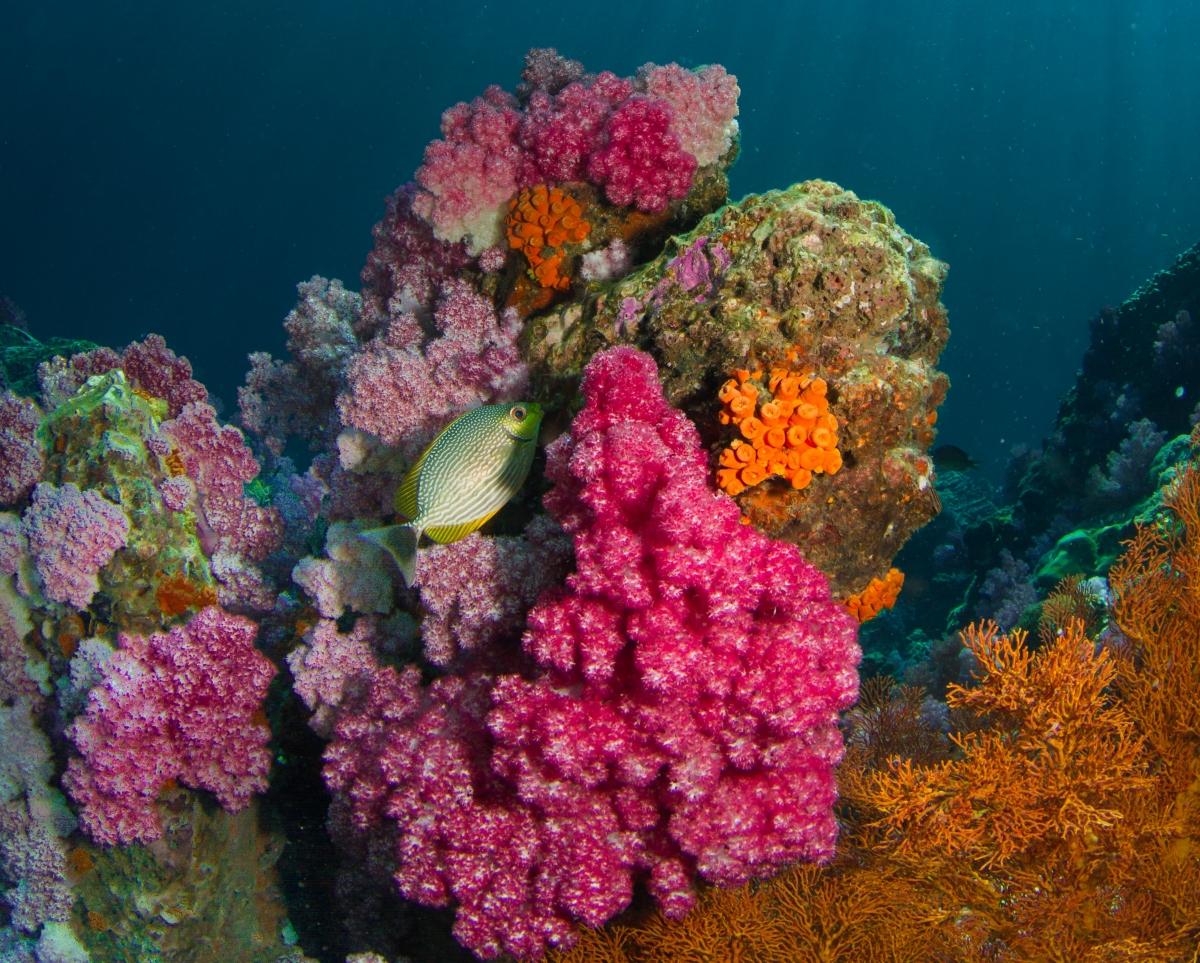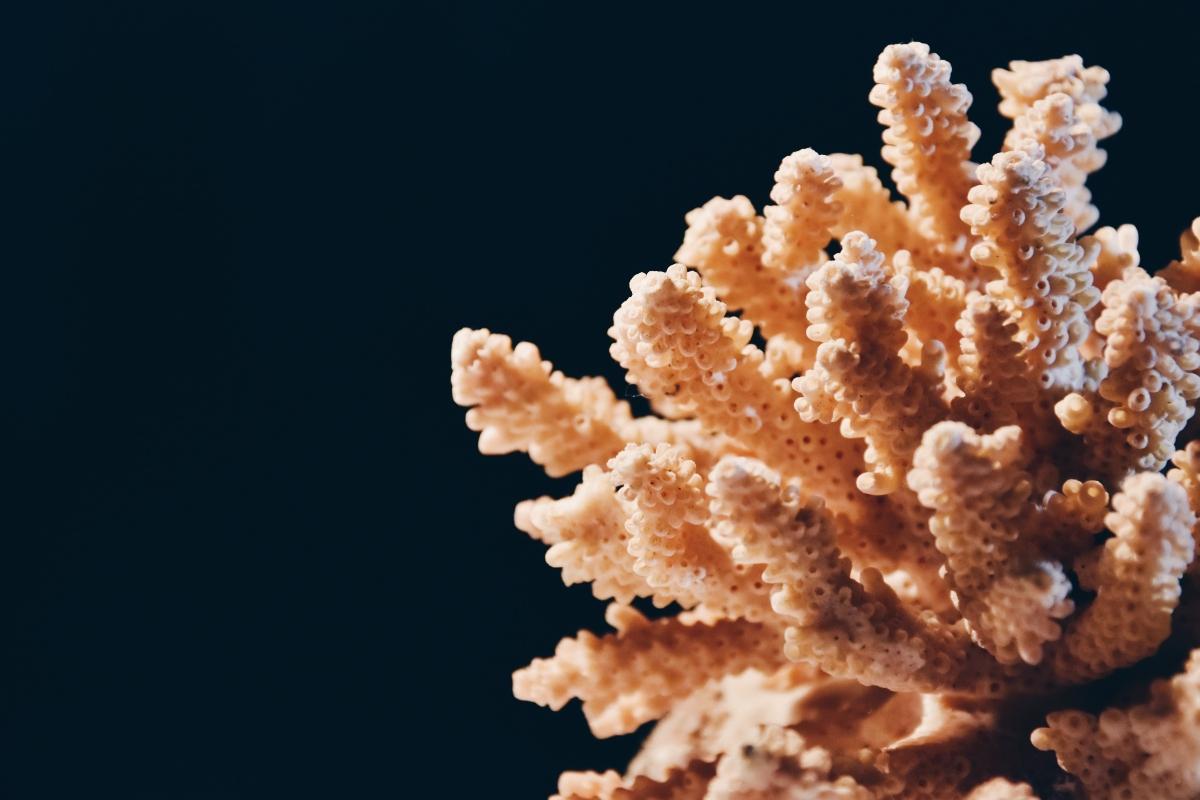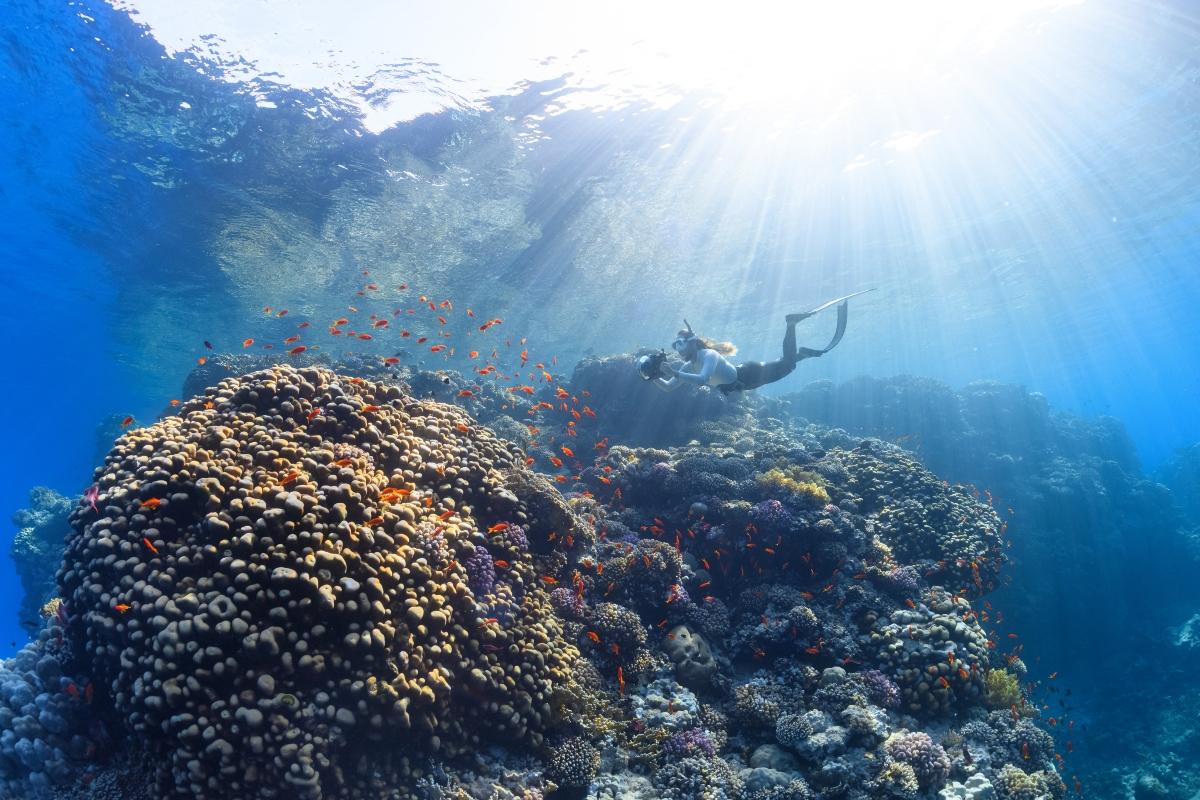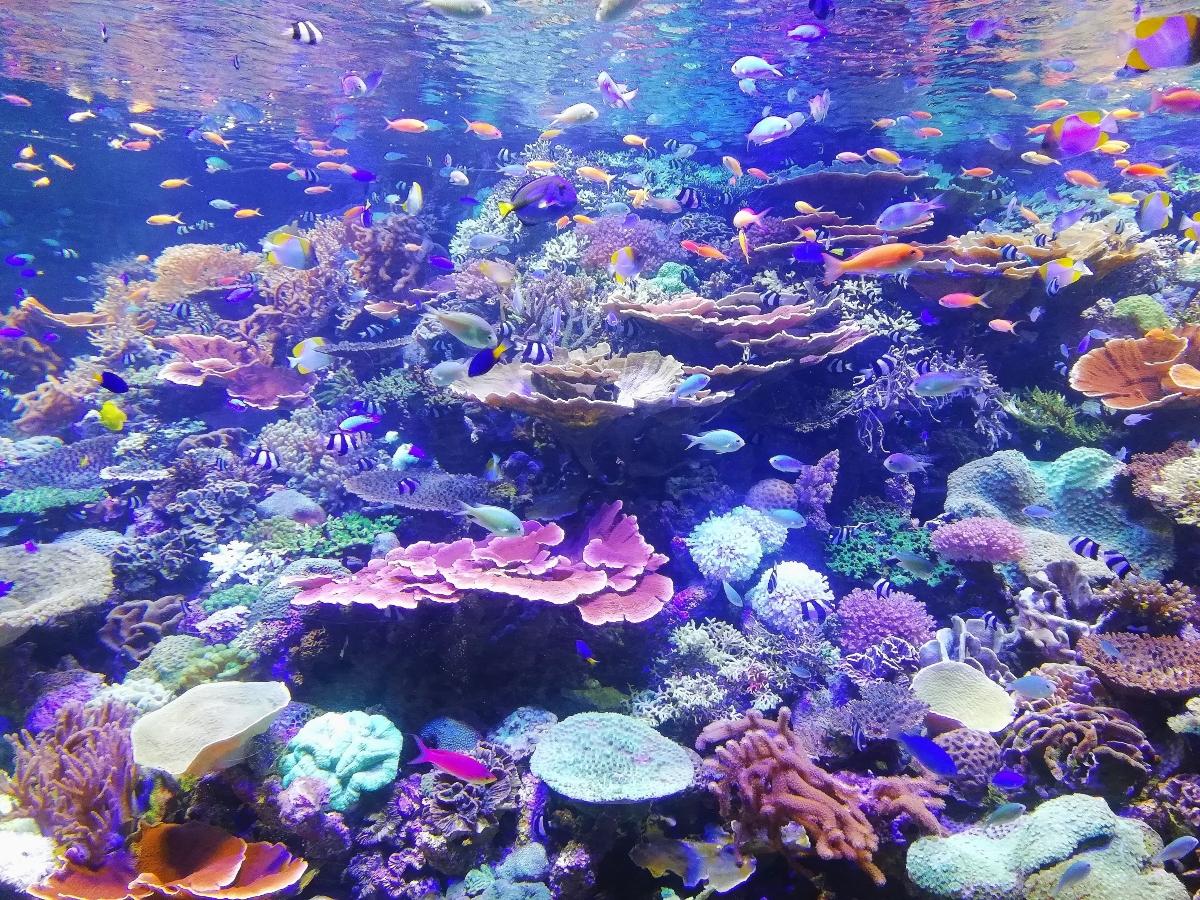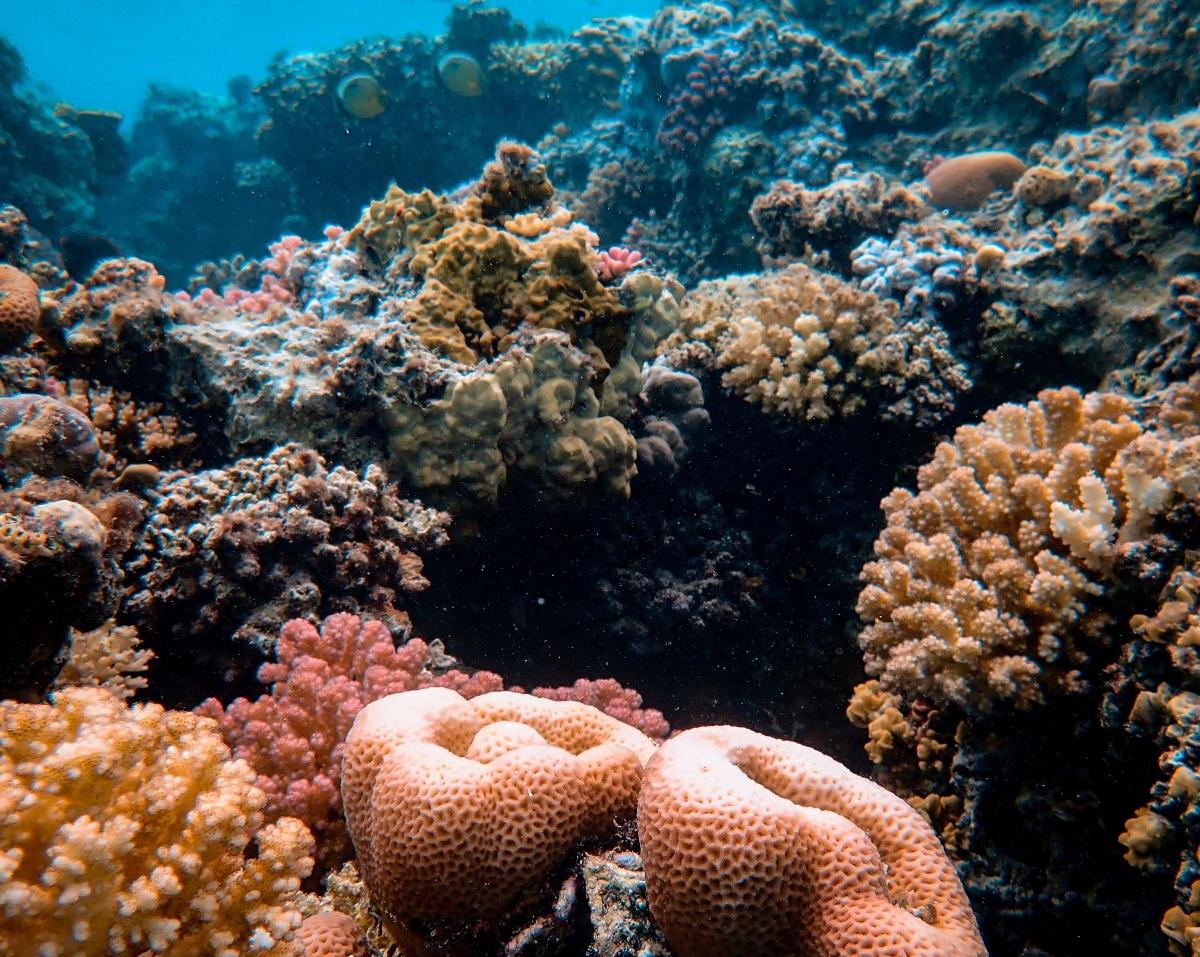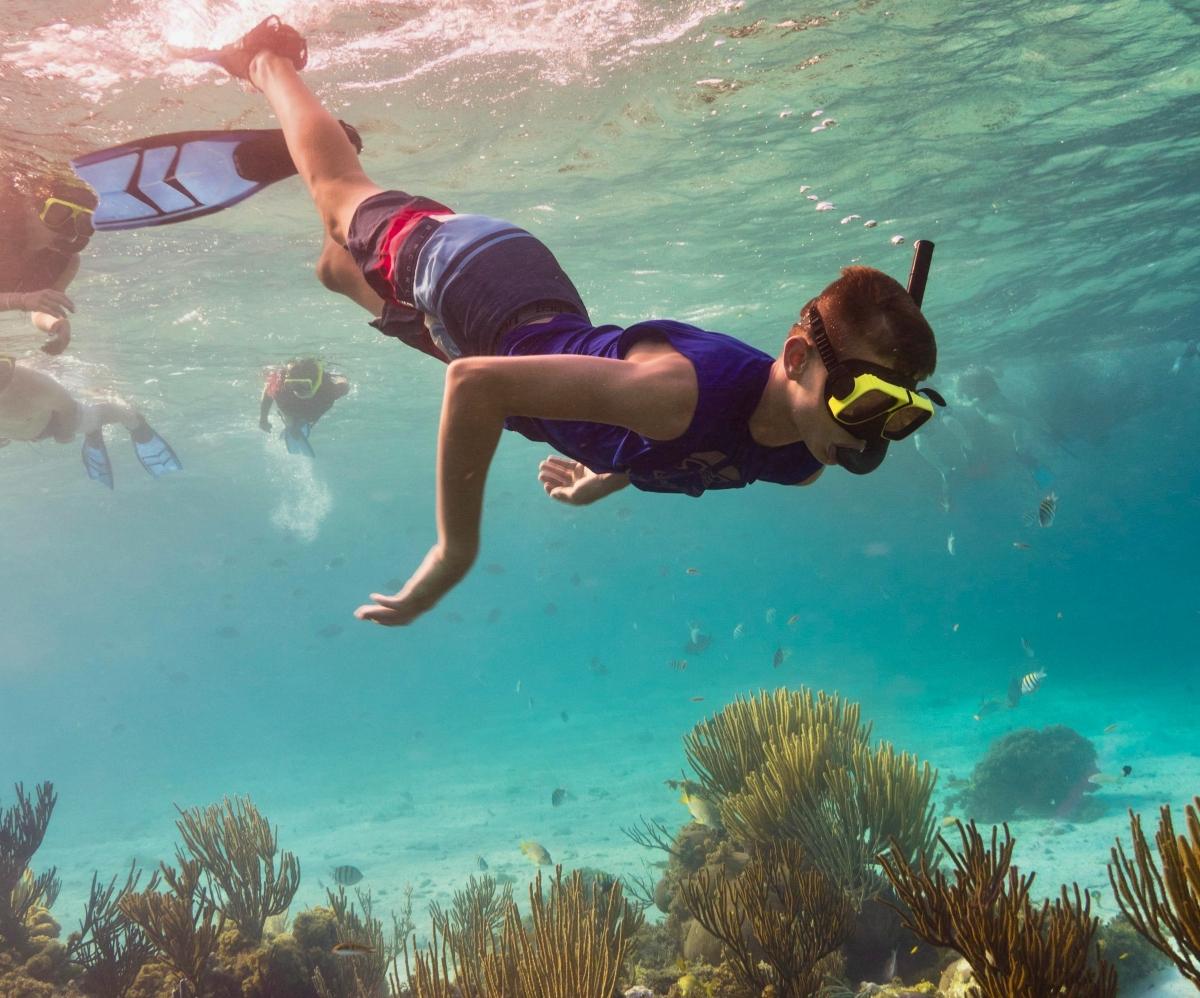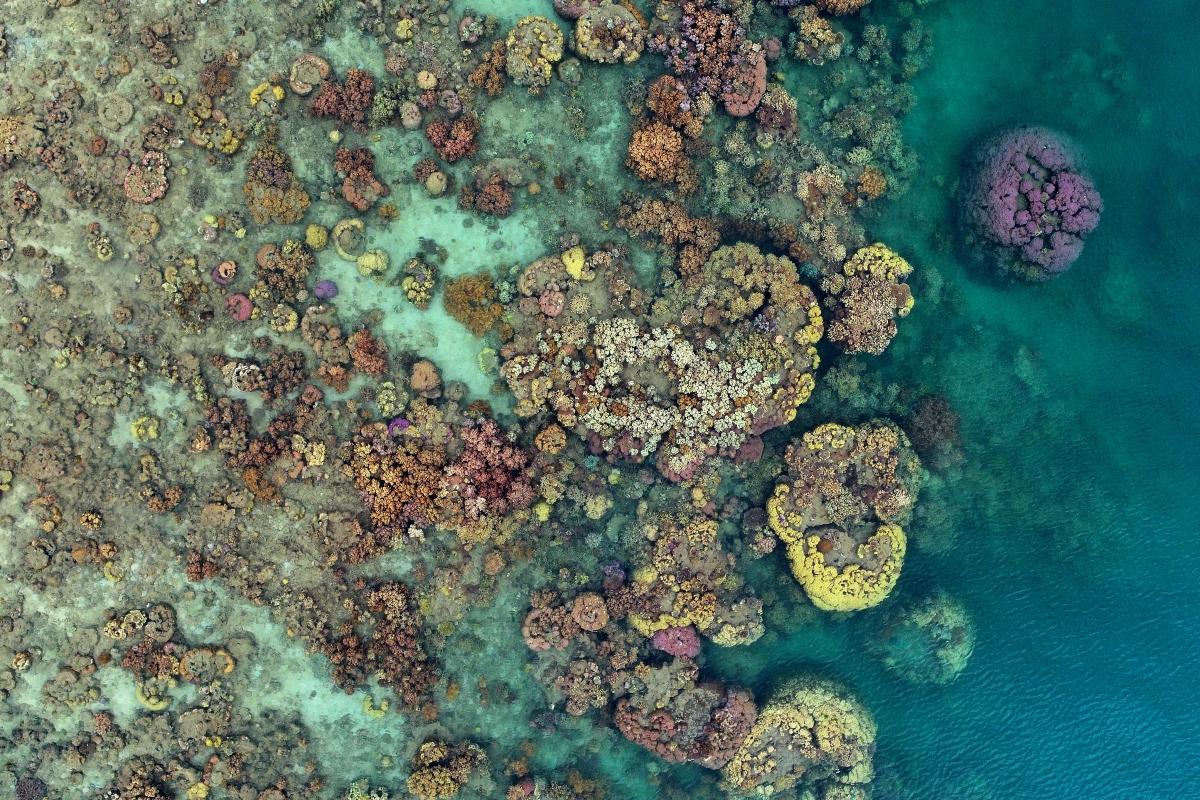Diving into Coral Reefs: Little-Known Fun Facts About These Underwater Ecosystems
Published June 12 2023, 2:40 p.m. ET
Those gorgeous and colorful displays on the ocean floor have likely amazed you at some point in your life, whether it was in person or in a documentary. But no matter how many docs you've watched, there is much more you may not know about coral reefs.
Not only are they beautiful, but coral reefs are essential to our ecosystem. Consider these fun facts about coral reefs and how you can play a role in protecting them.
What exactly are coral reefs, and how do human actions impact the health of those reefs around the world? We have a responsibility to our coral reefs and our oceans, and knowledge of coral reefs can help drive action.
Corals are animals, not plants.
As the National Oceanic and Atmospheric Administration (NOAA) explains, corals are animals because they do not make their own food as plants do. They may look like plants in part because they are rooted to the ocean floor, but they're made of thousands of polyps, or tiny coral creatures.
Corals eat plankton and small fish.
If you thought of coral as a plant, the idea of it eating might sound strange. Coral polyps have stinging cells that spear floating plants, plankton, and fish as Shedd Aquarium notes. Coral polyps also have mouths and stomachs, which they use to eat what they catch. There are also algae that live within the coral and harness sunlight to feed the coral.
Corals can move.
Although we tend to picture coral reefs as stable and unmoving, corals can move during the larval or baby stage. A coral's egg and sperm form "tiny baby swimming coral larvae," the Shedd Aquarium explains, and those swimmers ride on the ocean's currents until they find a good place to swim down and attach permanently.
Corals are essential to much of marine life.
Healthy coral reefs are not just pretty for snorkelers and scuba divers — they support about 25 percent of all marine life, according to the EPA. Over 4,000 fish species depend on coral reefs sometime in their lifetime. Plus, approximately 1 billion people benefit from the food, coastal protection, and tourism income coral reefs offer.
Coral reefs have provided us with medicines.
According to the Coral Reef Alliance, coral reefs provide medicinal benefits to humans. Organisms on coral reefs have produced chemical compounds used in cardiovascular disease, ulcer, leukemia, lymphoma, and skin cancer treatments.
There are coral reef underwater parks you can tour.
Around the globe, there are various coral reef tours you can sign up for, allowing you to get up close and personal with coral reefs. For instance, at the Virgin Islands National Park, you can snorkel amidst the underwater coral reef trail at Trunk Bay. The 30-60 minute tour teaches visitors about coral reefs while they explore them up close.
Just make sure to do your research, to ensure that the group you tour with is environmentally-friendly.
The Great Barrier Reef is visible from space.
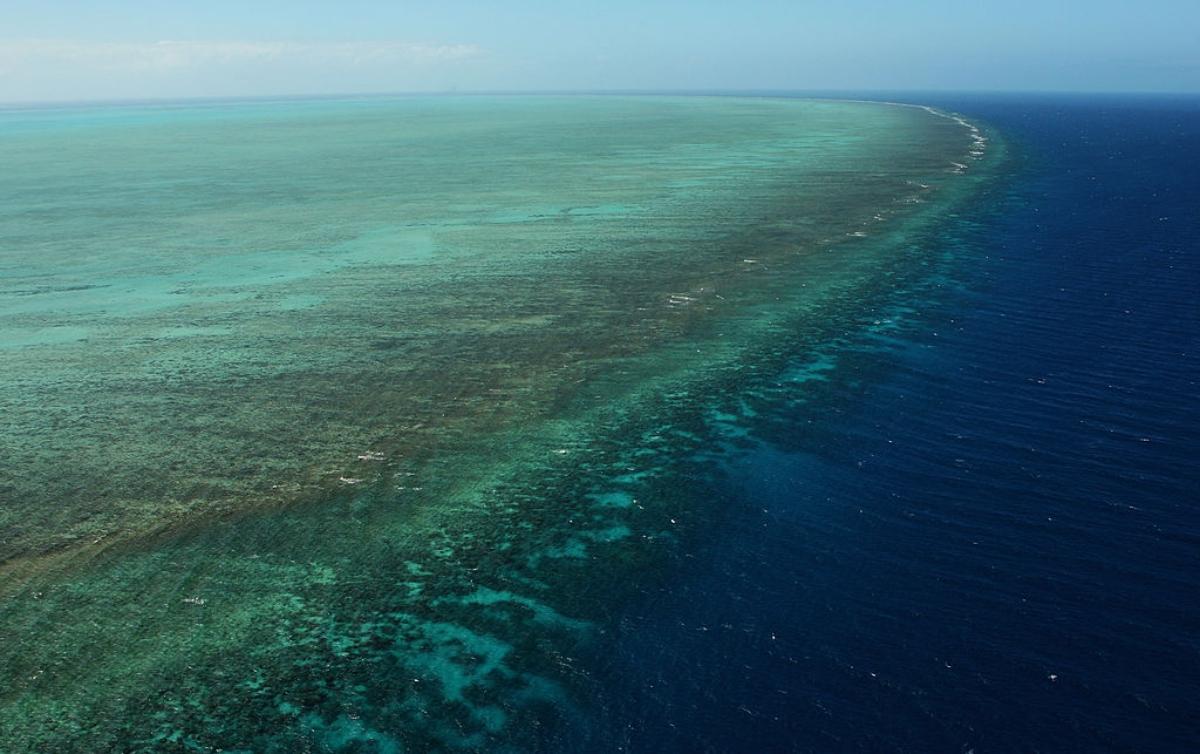
The largest coral reef system in the world, the Great Barrier Reef off of Australia, is so large that it's visible from space. It has over 3,000 individual reefs and covers about 133,000 square miles.
Corals grow very slowly.
The National Ocean Service says that massive corals grow only about 0.3 to 2 centimeters a year, and branching corals grow up to 10 centimeters per year. This means it takes tens of thousands of years for a coral reef to form, and 100,000 to 300,000 years for barrier reefs and atolls to form.
Some corals are more resistant to climate change.
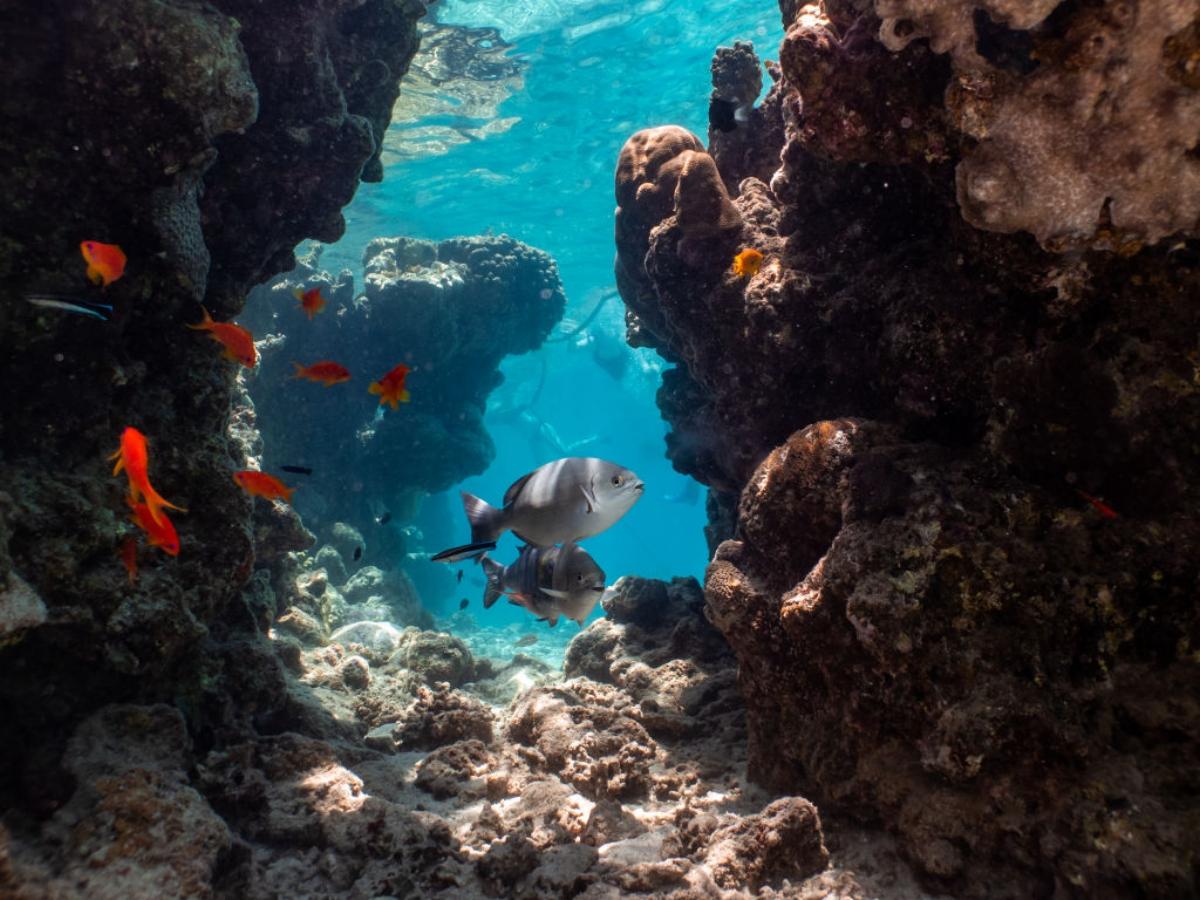
Some pockets of coral reefs have better withstood rising temperatures as most reefs are threatened with extinction. These corals likely depend on algae that are also more heat-resistant, as per NPR.

